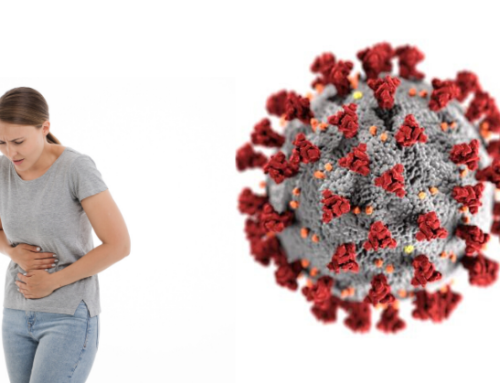What exactly is a colorectal polyp, and why is it important?
Colorectal polyps are pre-cancerous growths of the colorectal lining. Large, well-designed clinical trials inn the 1990s found a 75 percent decreased risk in colorectal cancer incidence in those patients who had polyps removed during colonoscopy.
Do colorectal polyps/cancer cause symptoms?
Polyps generally do not cause symptoms alerting you of their presence – hence the importance of screening colonoscopy in otherwise healthy individuals. However, patients who have developed colorectal cancer sometimes experience weight loss, change in bowel habits, gastrointestinal bleeding and/or abdominal pain. Unfortunately, most patients who experience these symptoms often have advanced staged malignancy that is sometimes incurable.
Who is at risk of developing colorectal polyps/cancer?
Current data indicates that colorectal cancer is the third most common cancer and the second most common cause of cancer death in the U.S. One out of four Americans will form high-risk colorectal polyps by age 50. Risk factors that increase your propensity to form polyps and subsequent cancers include:
- Family history of colorectal polyps or cancer
- Ulcerative colitis, Crohn’s colitis and certain genetic syndromes
- African American ethnicity
- Obesity
- Male Gender
- Tobacco and alcohol use
- How does a gastroenterologist diagnose colorectal polyps/cancer?
A variety of tests are available to diagnose colorectal polyps and cancer. However, colonoscopy is the only test capable of reducing your future risk of colon cancer by allowing the endoscopist to remove colon polyps at the time of diagnosis. Other tests including fecal blood, fecal DNA, barium enema and virtual CT colonography lack these capabilities.
When should I get screened for colorectal polyps/cancer?
It is recommended that colorectal cancer screening using colonoscopy begin at age 50. However, patients who are of African American ethnicity or have a family history of colorectal polyps or cancer require screening at an earlier age. Surveillance colonoscopies range in frequency from six months to 10 years depending on the number, type and size of polyps and adequacy of colon prep.
What can I do to decrease my risk of forming colorectal polyps and subsequent cancer?
In addition to losing weight by diet and exercise and eliminating modifiable risk factors list earlier, supplementing your diet with calcium, fibers, fruits, vegetables and foods with high anti-oxidant content has been shown to decrease one’s risk of developing colorectal polyps and subsequent cancer. In the end removal of colon polyps during colonoscopy remains the most effective way to decrease your risk of colon cancer.




Leave A Comment